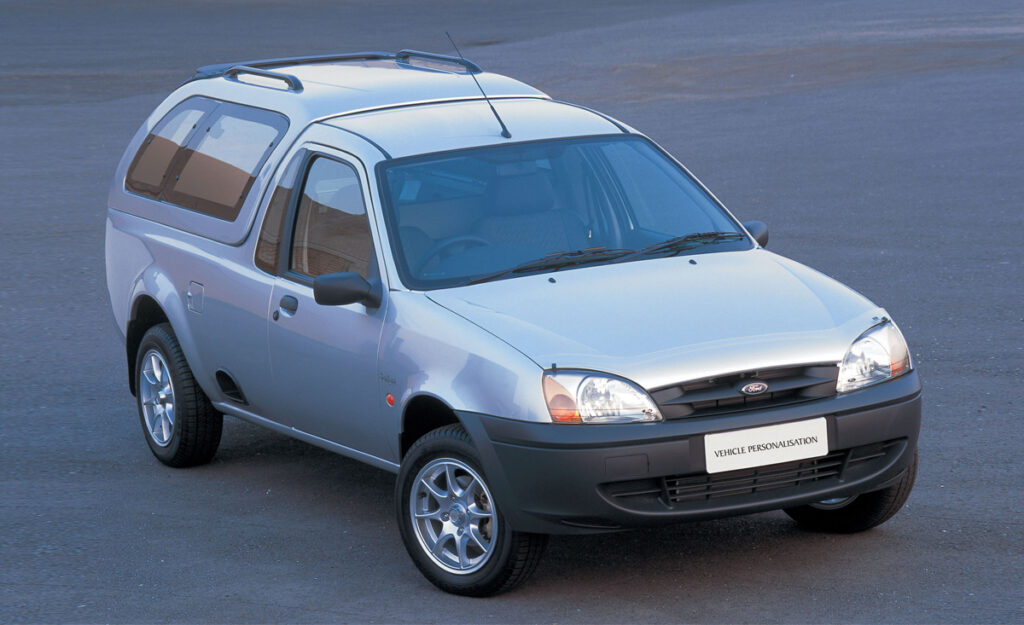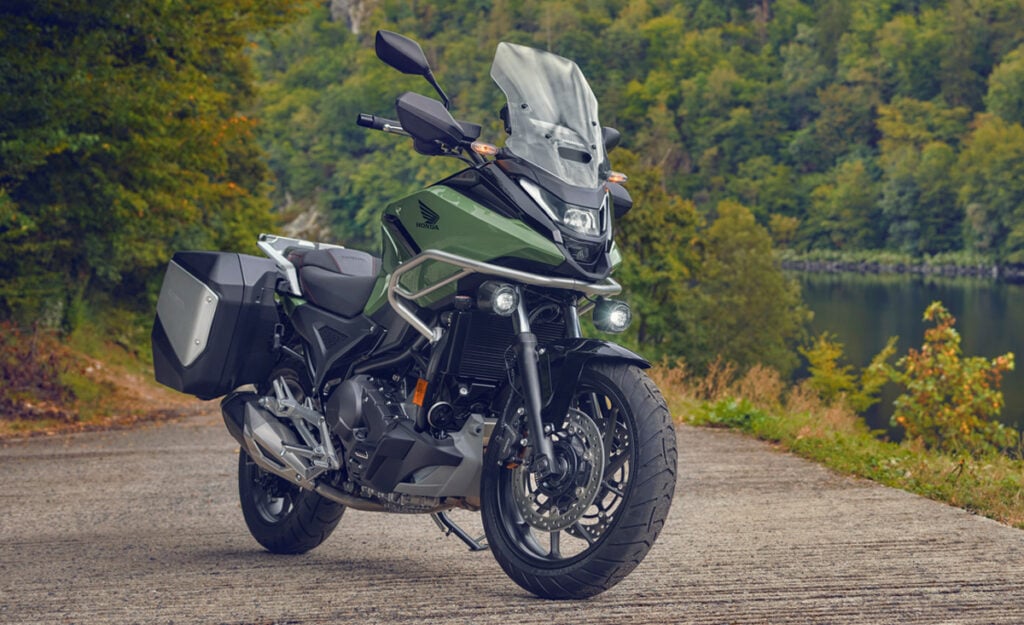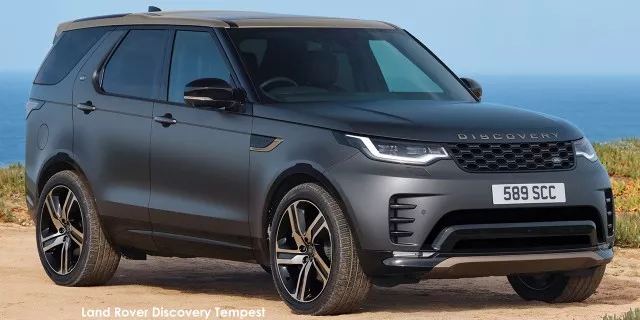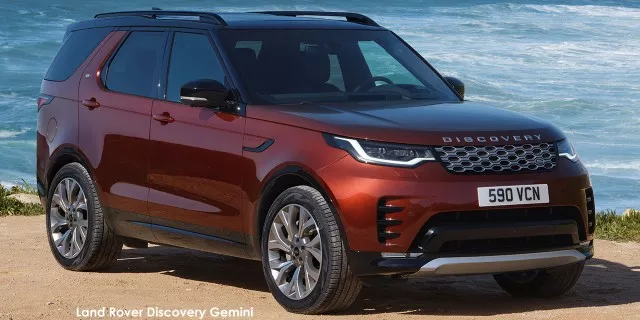The discontinued bakkie with 400 sales a month in South Africa

The Nissan NP200 sold a grand total of 434 units in South Africa last month, despite the fact it is no longer officially on sale.
Instead, this figure represents the number of units purchased on the second-hand market, which speaks to a glaring hole in the local automotive scene, namely a lack of small, affordable bakkies.
The Nissan NP200 was the last compact bakkie on the market in South Africa, prior to its discontinuation in April 2024.
Its demise therefore signaled the end of a crucial vehicle segment, as small pickups like the NP200 are a vital tool for small businesses that either can’t afford or don’t need larger bakkies.
This segment also used to include names like the Ford Bantam and Chevrolet Utility, but all of these models have slowly been put out to pasture over the last decade.
The result is that, for a time, the NP200 was one of the best-selling vehicles in the country due to it being the sole survivor of an important niche for commercial activities.
Despite this, Nissan ultimately pulled the plug on the locally made workhorse last year citing its ageing design as the primary reason for the decision.
Of course, it’s not as if demand suddenly disappeared along with the small bakkie, which is why the NP200 has since become one of the hottest items you can find on the pre-owned market right now.
To put things in perspective, the 434 units sold in March 2025 make it the 10th best-selling used vehicle in South Africa alongside big names like the Ford Ranger and Toyota Fortuner.
Its sales numbers aren’t far off from being a top competitor in the new-car scene, either, as the NP200’s 434 handshakes mean it technically came 29th last month after the VW T-Cross with its 468 units.
That’s a rather impressive number for a vehicle that hasn’t been in production for a year now, which highlights how important a role the small bakkie had in the South African automotive landscape.
An industry in pain

One industry that has been hit particularly hard by the death of the compact bakkie market is the aftermarket accessory sector.
Derek Caldicott, Managing Director of Andy Cab Canopies, said that the segment’s decline has been especially devastating to the canopy market.
“People might think that with the increased number of bigger bakkies we all see around us, it means the canopy business is a booming one. It is not.” he said.
These days, individuals who buy larger pickups tend to purchase a canopy at the point of sale, which is baked into the car’s finance agreement.
They are then fitted at independent centres across the country that have agreements with various accessory suppliers.
“Today we rely on independent fitment centres with which we have agreements, and our products also feature on most Original Equipment Manufacturers’ inventories as options for bakkies,” said Caldicott.
Additionally, the canopy market is already one that is tough to break in to due to its high capital requirements and the number of well-established players.
“Before deciding to produce a mould one needs to determine if the demand for that specific bakkie will justify the investment of a mould,” said Caldicott.
“With a number of new players, especially from China entering the local bakkie market, the investment requirements on canopy manufacturers are onerous.”
The discontinuation of high-volume bakkies like the NP200, combined with the significant barrier to entry, has rendered it especially tough for new businesses to compete.
The cost associated with setting up and maintaining a production facility as well as a distribution network is tremendous.
Also, for one canopy maker to experience growth, it must usurp market share from another.











